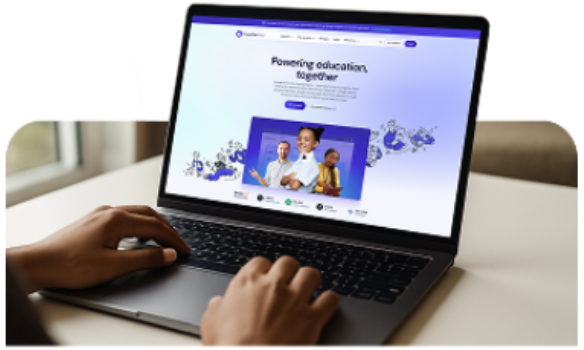A Q&A with Marian Wheeler, GDST Data Systems Manager, Girls' Day School Trust
As GDST Data Systems Manager at the Girls’ Day School Trust, Marian leads 26 schools in their use of data systems and MIS. This role encompasses the development of best practice, organisation data standards, supporting the introduction of new systems, analytics, and the development and delivery of training to empower the schools in use of systems and data.
Marian’s passion for MIS systems and data comes from many years working in the education sector, within Local Authorities, as well as schools. Her experience includes over a decade working for a Local Support Unit, supporting around 800 schools in their use of the SIMS MIS, with a particular focus on the use of systems and data to support school improvement and consultancy work advising SLT on exploiting MIS technology to its fullest potential.
What are the biggest challenges schools face when collecting and using their data effectively?
Marian: This goes back to the quality of data. It’s that bigger piece around data governance. So, it’s not just the quality of data in terms of whether it is valid or complete – it is that piece around whether everyone understands what we mean and whether we have standards around ways of working.
When we’re working with our data, is it appropriately resourced? Are we using the right systems? That’s a critical question, and in education in particular, this is a key piece: the system strategy itself. It's something that we are embarking on across the GDST: looking at all of the systems we have, and how they interact and fit into our data strategy. We have to ask ourselves if they are actually appropriate or just cobbled together, which is often what happens. That’s key, as in schools we often have legacy systems. Are they really giving us what we need? Looking at interoperability across systems is key.
In terms of looking at pupils and understanding the whole picture, you need to be able to combine data from different sources, such as your MIS, assessment systems and operational systems, such as HR, payroll system or finance. No data should stand in isolation of factors that can influence it.
Data standards should have clear frameworks as well around how we are assessing whatever it might be – whether it’s academic attainment or something else – there should be clear frameworks and measures in place for schools.
There is huge potential in terms of the technology that is becoming available and coming down the line. You can’t keep up with it. It changes so fast now, but I think schools do not need to get too excited about it. They should take a step back and be considered in their approach to using AI and predictive analytics to ensure that it will give them the outcomes that they’re expecting. It will make a significant positive difference to school improvement overall because it will make data and insights from data so much more accessible - however a considered approach is required.
What advice do you have for leaders to make navigating data easier?
Marian: Clear definitions and a common understanding are key. Ensure that there is a shared purpose, intent, and understanding of how we’re going to benefit from data and what we’re going to use it for. Also, ensure that there is adequate learning and upskilling of people, where appropriate, to support data usage.
Data governance is so important. Having your data catalogue – for example, having clear standards around how data should be recorded, what the processes are, and understanding your landscape – will make data navigation easier.
Watch next: Marian’s Leader’s live webinar
Marian’s Linkedin profile: https://www.linkedin.com/in/marian-wheeler/
The GDST website: https://www.gdst.net/about-us/about-the-gdst/

